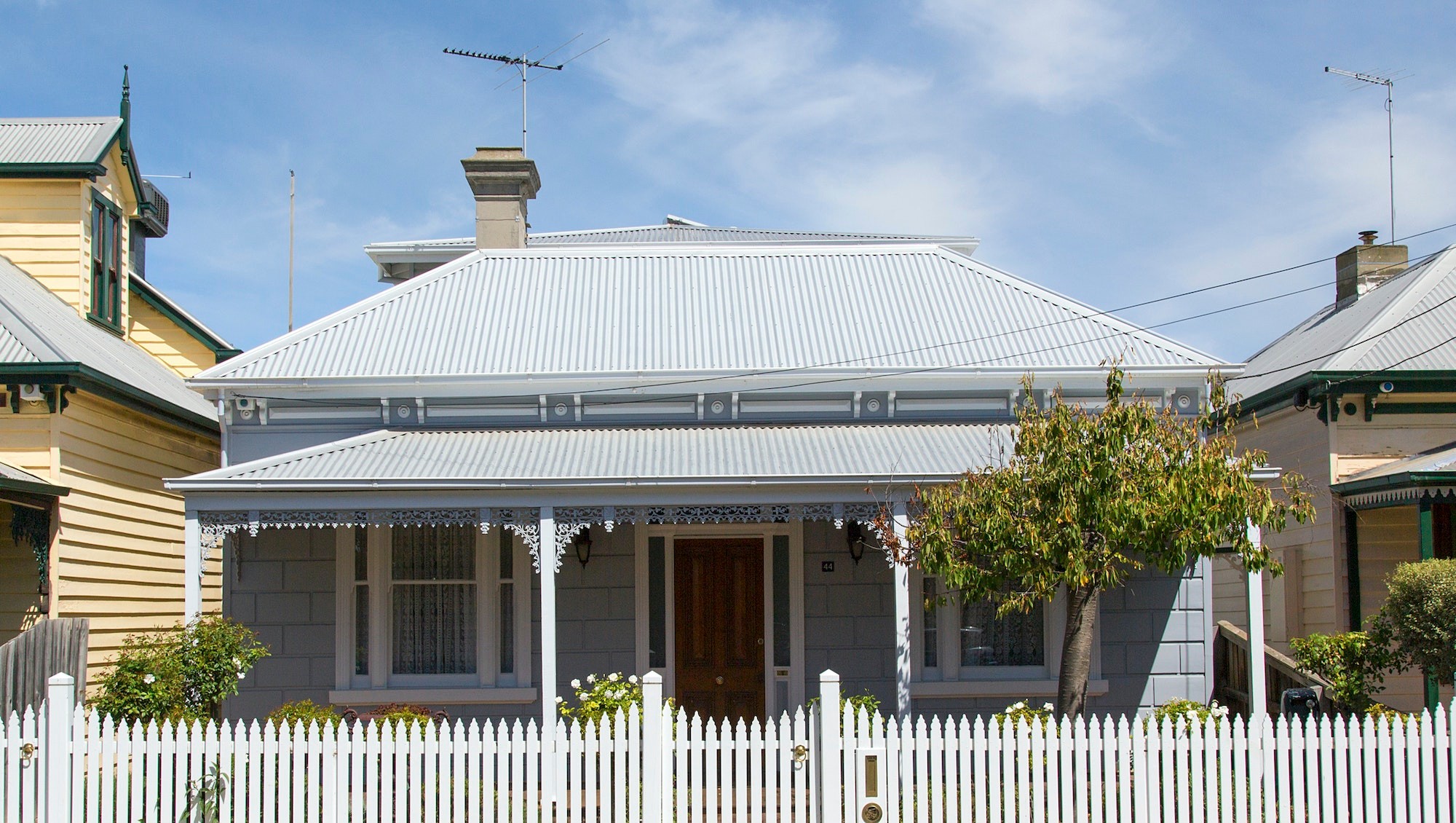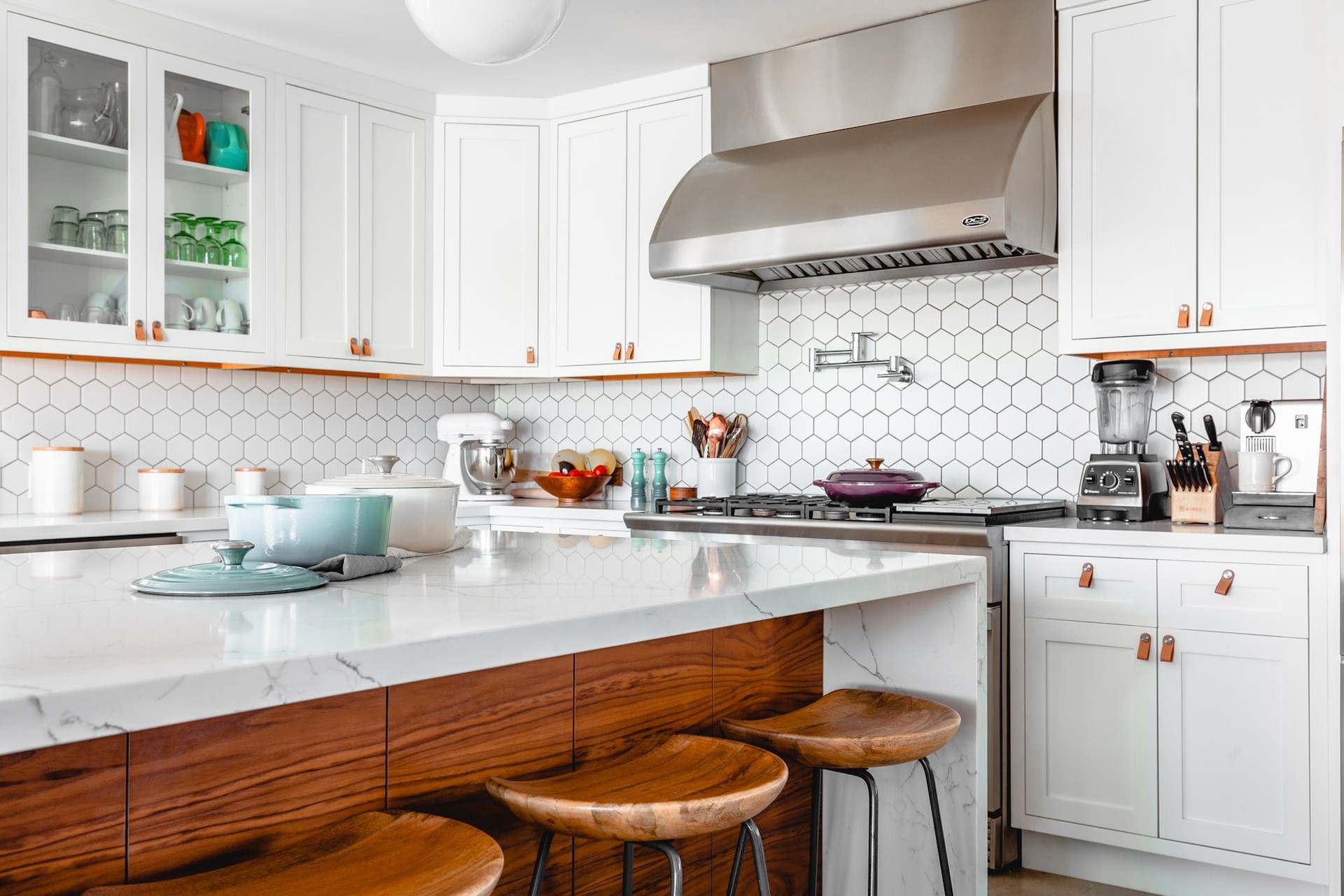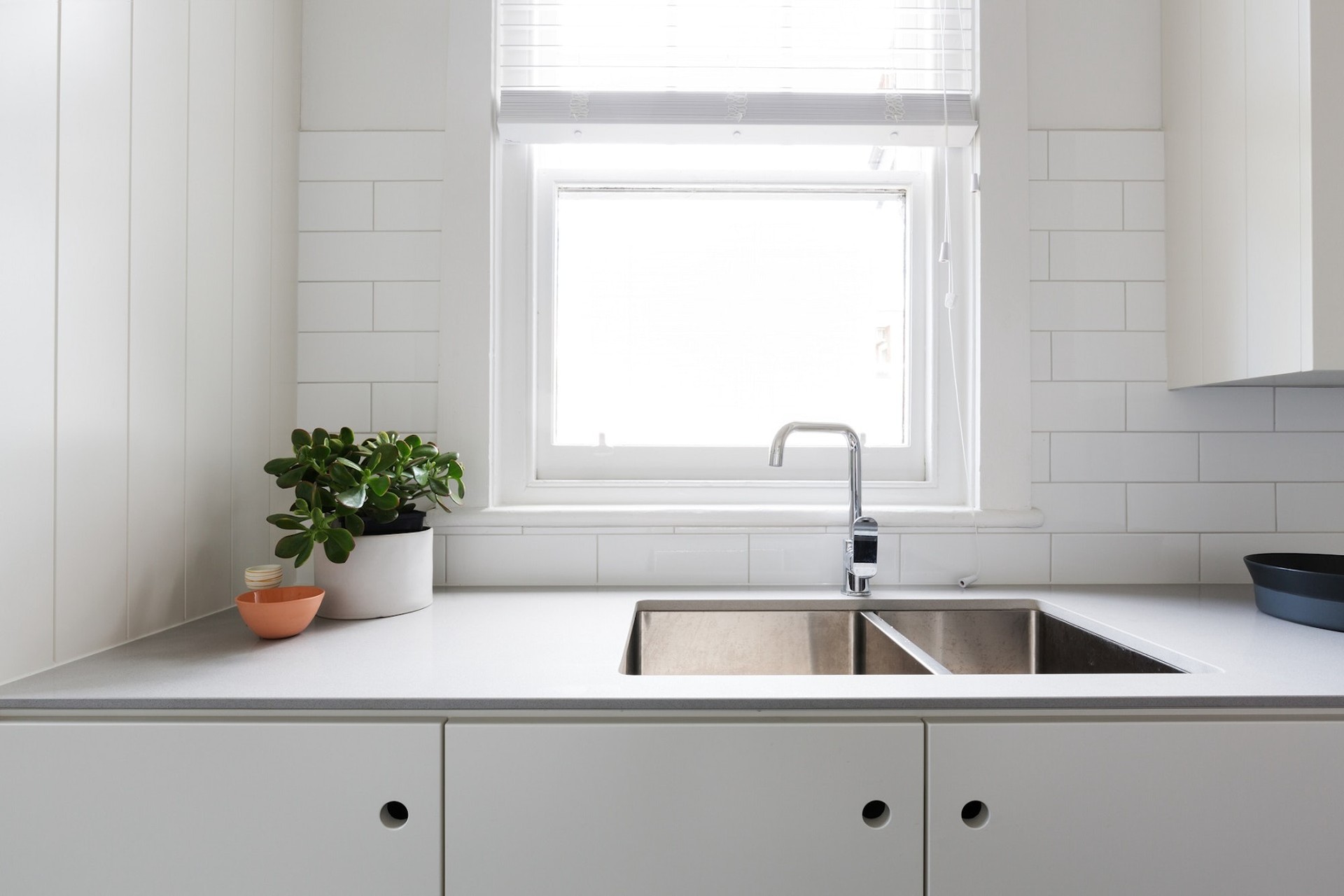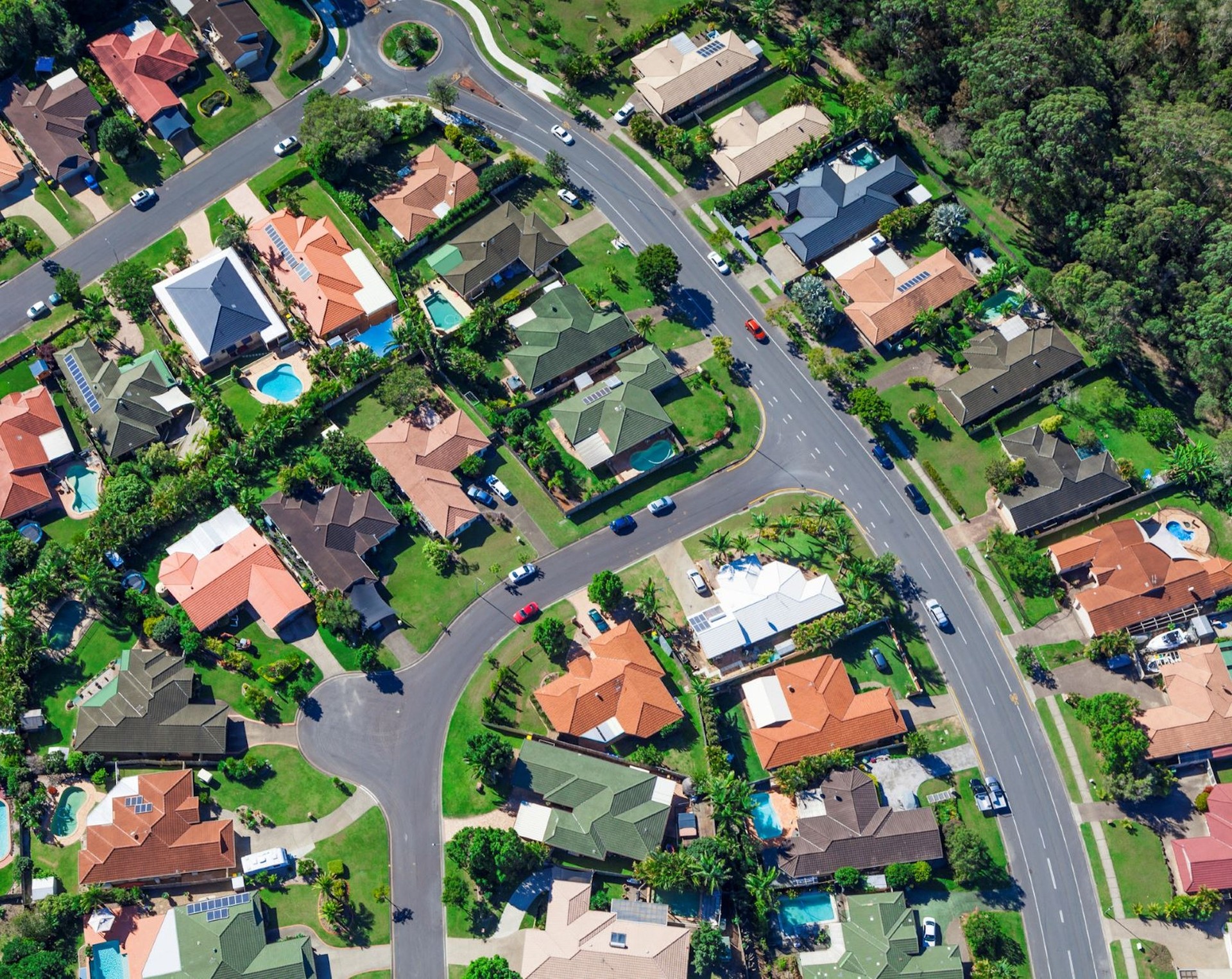If you’re an Australian homeowner, having building insurance is an important consideration. Unforeseen circumstances happen. Especially in the last few years, Australia has seen evidence of floods and bushfires affecting people’s homes.
Having building insurance can give you peace of mind. When a natural disaster hits or damage occurs, you’ll have financial protection.
But what exactly is building insurance and what does it cover? How much coverage should you consider? Should you include content insurance? And if you’re a landlord, will your home insurance cut it when accidents happen?
We’ll be answering these questions and more in this article. For information on all things building insurance, read on!
What Is Building Insurance?
Building insurance will cover you for structural damage to your property. Given it is the result of an event agreed upon in your insurance policy.
What are considered typical structural parts of your property that are usually eligible for coverage are:
- Fixtures and fittings such as windows and walls,
- Pipework,
- Plumbing,
- Outside structures such as sheds and carports,
- Fixed appliances, and
- External features such as awnings, gates, and fences, to name a few.
What if your property is damaged to the point of being uninhabitable,? Many providers will have temporary accommodation included in your building insurance cover.
Building insurance is often referred to as house or home insurance. It won’t cover the contents of your home. For that, you would need contents insurance. Many insurance companies offer home and contents insurance as a package. But more on that later.
How Much Building Insurance Do I Need On My Home?
It’s easy to think that the amount your home insurance cover will pay out should be equal to the value of your home. However, you need to consider how much it will cost you to do a total rebuild.
To choose the right level of cover for your needs, you should use a building insurance calculator. When making calculations, you will need to take into account complete rebuilding costs. This can involve things you may not have even thought of, such as:
- Building materials,
- Surveyors,
- Architects,
- Debris removal,
- Demolition,
- Labour, and
- The fluctuating costs in the building industry. When demand rises for building contractors, so do their prices.
These things can really add up.
There are 2 different methods a building insurance calculator will use for calculating your rebuild costs:
- Cost-per-square-metre - This method estimates the average cost-per-square-metre to rebuild your house. This is the quickest and easiest way to calculate costs. However, it can be inaccurate in terms of the actual amount you will need to spend on a rebuild.
- Elemental estimating - This method provides a detailed assessment and is more involved. It looks at the period your home was built, the quality of construction, the size, and value-adding features like cooling/heating, security systems, etc...
Most insurance companies will have a building insurance calculator you can access when considering a policy.
The amount you decide upon with these calculations is known as your sum insured. It is the maximum amount of money you can claim for one insured event should a total rebuild be required.
What if you’re underinsured, and your sum insured amount doesn’t cover the cost of a rebuild?
Then, unfortunately, you will need to make up the difference yourself. And that can be very costly.
If you’re confused about calculating the correct sum insured. Or, you are concerned that future changes in circumstances may not be covered by this amount... Then consider looking for policy providers that have a complete replacement cover option.
What If I Undertake Renovations?
If you undertake renovations on your property it’s a good idea to revisit your building insurance policy. Talk to your insurance company about having your renovations added to your policy, if possible. That way, you’ll be protecting the investment you’ve undertaken by renovating your home.
Taking out an insurance policy with complete replacement cover would cover you for such things as renovations you forgot to declare. But that is dependent upon the provider and the insurance policy.
What Does Building Insurance Cover?
When looking into building insurance policies, you’ll find that different policies and insurance companies will cover different things.
Typically, the following incidences are inclusions covered by standard building insurance policies. However, it is dependent upon the individual insurance policy provider and the type of policy you choose:
- Theft and vandalism,
- Natural disasters such as storms, flooding, lightning, bushfire, and earthquakes,
- Damage by impact,
- Fire, and
- Water damage.
When looking at a building insurance policy it’s important to do a thorough check of the relevant Product Disclosure Statement (PDS). This is where you’ll find information on what is and isn’t covered.
What If My Property Is An Apartment?
If your property is a residential apartment, you will most likely be part of a strata agreement, which collectively owns the building. In Australia, the strata fees you pay to the body corporate contribute to insurance for the structure of the unit complex. This means that you won’t need to take out building insurance to cover the structure of your apartment.
However, different states and territories will have different legislation. So if you’re unsure, it’s a good idea to speak to the body corporate.
If you’ve undertaken extensive renovations to your unit that has increased its value beyond the initial assessment, you may like to consider strata insurance. If the body corporate has failed to insure the building adequately to cover this increase in value, costs will flow onto you.
What Isn’t Covered By Building Insurance?
Having home building insurance is a great idea to protect your property. But it won’t cover you for everything. The more your insurance policy covers you for, generally the higher your premium will be. An insurance policy that covered you for every scenario known to man would be unaffordable.
All insurance companies will have events that they will not insure you for. These are called exclusions. These are usually unavoidable circumstances or scenarios for which they’re not prepared to take on the overload of risk.
Generally, standard policies have exclusions for the following types of incidents:
- General wear and tear - Routine maintenance and fixing general issues that pop up are not usually covered. These are considered standard costs for homeowners.
- Disaster-prone areas- Properties in areas prone to weather events/disasters may not be able to secure insurance for these issues. This depends on the insurance policy provider.
- Renovations - Check with your insurer about any add-ons and renovations you plan to undertake. Some won’t cover these and you’ll need to either get coverage through your builder’s insurer or take out a different policy.
Also, renovations and repairs carried out by unqualified people are considered too risky by insurance companies. Have your renovations performed by a licensed contractor. - Building defects - Insurers often view this as a pre-existing condition. When buying a home, have a thorough check done before you commit.
- Uninhabited properties - The length of time that a property is considered uninhabited differs depending on the policy and insurance company. Insurers see an unattended property to be at a higher risk for damage and theft.
- Business activity - Some insurance companies won’t cover you for certain scenarios if you conduct business on your property. Be sure to check with them if you run a business from home.
- Damage from animals - Damage incurred by wildlife, pests, and your pets may not be covered.
- Acts of war and terrorism - These are commonly considered unavoidable circumstances. And thus, your insurance policy provider is not obliged to cover costs for damage.
- Storm damage - There are some insurance providers who won’t cover you for storm-related damage. If this is a concern for you, be sure to carefully look at your chosen insurance policy.
When considering a home insurance policy, look carefully at the key facts sheet. This is where you will find information on the policy, including the type of cover it provides. And, what exclusions will not be covered.
I’m A Landlord. Will I Need Landlord Insurance Or Will My Building Insurance Do?
If you’re a landlord, your personal home insurance policy won’t cut it.
If your property was occupied by a renter at the time of the incident, a claim against your home insurance policy will most likely be denied. Then you won’t have financial coverage to fix the damage.
As a landlord, you’re under legal liability for fixing the damage in a timely fashion and making sure the property is safe. Having the funds on hand through an insurance claim can help you to make that happen.
If you use your property as a vacation or short-term rental, you can access short-term landlord insurance to make sure you’re covered.
If you’re after more in-depth info on landlord insurance, check out YouBroker’s article, Landlord Insurance - What Does It Cover and Is The Extra Cost Worth It?
Can I Add Optional Extras?
Most insurance companies will provide optional extras for you to add to your standard policy. You can tailor your insurance policy through optional extras to better suit your individual situation. However, the more you add, the higher the price of your insurance premium will be.
Most insurance companies have optional extras you can add to your policy that cover scenarios like:
- Accidental damage at home - This covers accidental damage which may not be covered by your standard insurance policy.
- Motor burnout - This can assist in covering the cost of motor burnouts for built-in home appliances such as electric garage doors.
- Safety net or complete replacement cover - This cover will provide additional amounts should your sum amount not cover the damage.
When Should I Take Out Building Insurance On My Home?
You’ve come up with the goods and now you’re about to buy a property of your own. The last thing you want is to see your investment go unprotected. But at what stage of the real estate purchasing process are you liable should damage occur?
When you sign the contract, and before the settlement (when you take possession), the seller is liable for damage. This allows you to undertake the pre-settlement inspection. And if it uncovers nasty surprises that have occurred since signing the contract, you can back out or request repairs.
However, repairs can potentially take a long time. And if the damage is bad enough the contract could be voided. If you have your heart set on the property and don’t want a delayed moving-in date... You may consider having insurance from when the contract of sale is signed.
That way damage is covered by you. But the decision is ultimately yours.
If you’re employing the services of a mortgage broker, like YouBroker, they’ll be able to give you expert advice on questions such as these.
What Is Contents Insurance and Do I Need That Too?
Now you’ve got the structure of your house and outdoor fixtures sorted... What about your home contents? A contents insurance policy will cover you for the replacement value of the belongings you have at home. Just as when you apply for building insurance, you’ll need to calculate their value.
Most insurance policy providers will have a home and contents calculator available to you. You can then calculate your contents sum, the total amount you’ll be able to claim for a single insured event. This amount should cover the replacement costs for all your belongings.
Generally, contents insurance covers you for the following goods. However, it depends upon the specific content insurance product and policy provider:
- White goods,
- Furnishings,
- Jewellery,
- Clothing,
- Sporting equipment,
- Electronic equipment.
Many insurers provide the option to add portable contents to your policy. This covers things you carry with you such as your mobile phone and jewellery. Exactly what is covered is dependent upon the insurance product and company, and you will often have to specify the type of item it might be.
For example, a Rolex Submariner watch, or a Hermes Birkin Bag (if that's your thing!).
It generally makes sense to cover the building, home contents, and any portable goods under the same policy and provider for a better overall policy cost.
Conclusion
Hopefully, everything goes swimmingly, and you never have to deal with damage to your property. But there are no guarantees. And that’s why having building insurance is a good idea.
Being underinsured can mean that you’ll have hefty costs to cover. When applying for an insurance policy, do a thorough building insurance calculation. Don’t just cover the value of your house. Think about all the building costs you’d need to pay for when starting again from scratch.
And, if you want to protect the contents of your home, adding on contents insurance is a great idea.
Hopefully, this article has given some good insight into building insurance. If you’d like to explore more information about property, finance, and lifestyle, you can find all of You Broker’s articles here: https://youbroker.com.au/articles/
Next Steps
Are you on the hunt for your dream home? YouBroker can help you conveniently complete the home loan approval and settlement process.
Our fully accredited and professional team can guide you through the real estate buying and refinancing process.
As part of our service, we help you understand:
- Your funding position which shows key components such as Stamp Duty, the loan amount, and your downpayment or equity;
- Your property scenario, what you can afford, or what official value your property is;
- Your borrowing power, including factors such as DTI and Assessment Rates which determine your borrowing power at each home loan lender.
- Providing insight into which home loan products and providers offer the right fit for your goals and needs, with the right discount or mortgage rate.
We offer a streamlined and convenient digital application process. You’ll get access to our online portal where you can keep up to date every step of the way.
Interested? Get underway at www.youbroker.com.au/get-started



